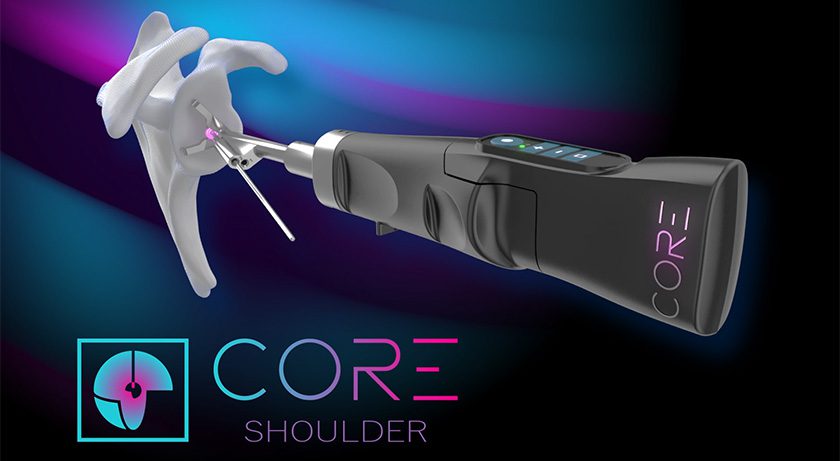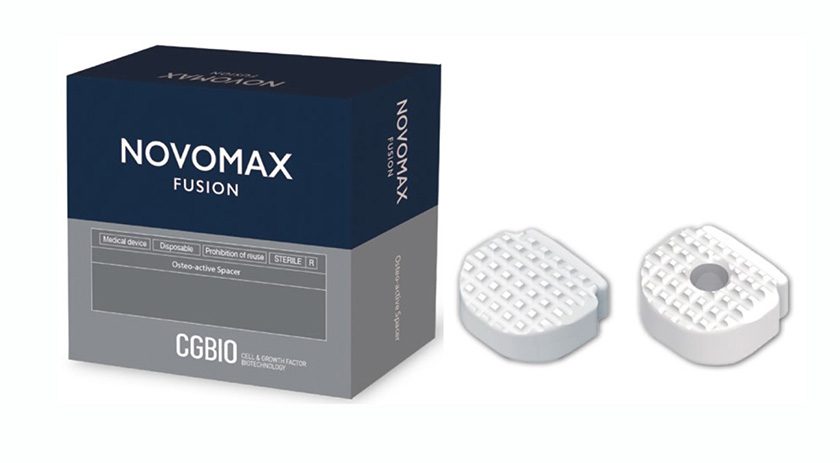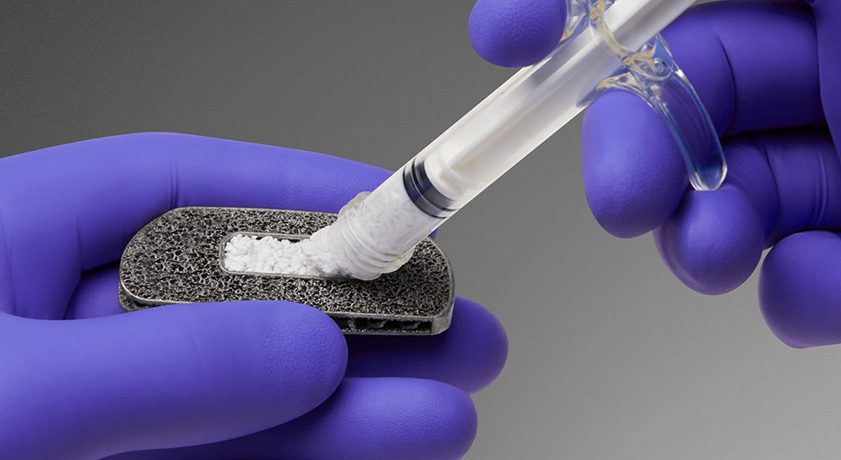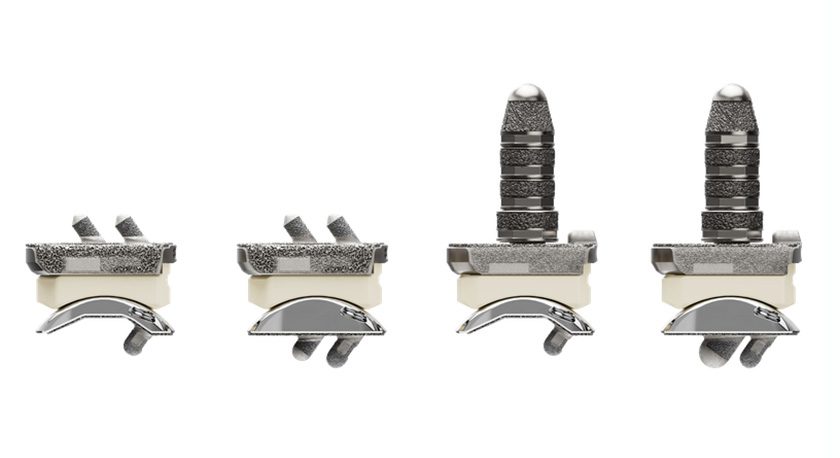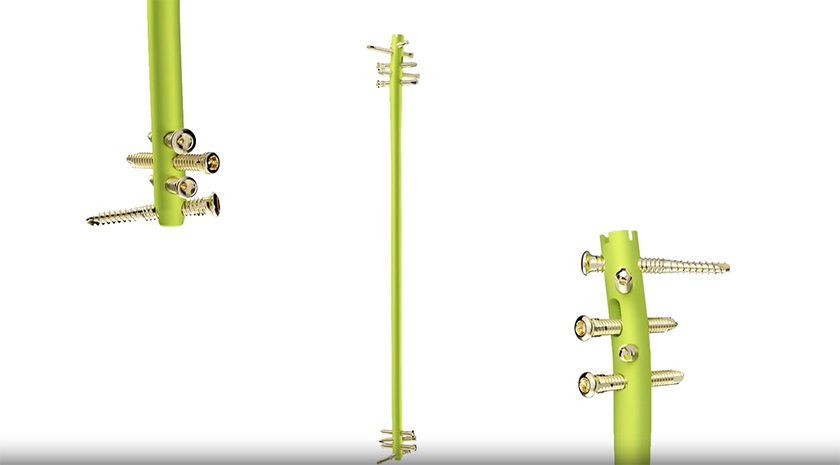
 Copy to clipboard
Copy to clipboard 
Medicrea was issued three new U.S. patents relating to the company’s proprietary UNiD® ASI (Adaptive Spine Intelligence) software platform, services and technologies.
The company’s IP portfolio includes 10 independent families, 5 issued patents and 16 pending applications. The newly allowed patents (U.S. Patent Nos. 10,318,655, 10,314,657 and 10,292,770) address fundamental technologies and methods embedded in UNiD ASI. The company continues to protect its technology pertaining to:
- Use of Artificial Intelligence and Predictive Modeling in spine surgery
- Systems and methods for generating data to produce patient-specific 2D and 3D rods
- Patient-specific screw planning and screw kit generation
- Patient-specific cage planning and production
- Intra-operative monitoring devices
UNiD ASI allows the surgeon to plan cases pre-operatively. Artificial Intelligence embedded within the platform helps to visualize compensatory mechanisms above and below the instrumented spine that will most likely occur, based on the surgical plan. Surgeons work with UNiD Lab™ biomedical engineers to create several plans and identify the one that would give the best outcome for the patient.
Over 4,000 cases have been performed with UNiD ASI technology, all including patient-specific implants.
Source: Medicrea
Medicrea was issued three new U.S. patents relating to the company's proprietary UNiD® ASI (Adaptive Spine Intelligence) software platform, services and technologies.
The company's IP portfolio includes 10 independent families, 5 issued patents and 16 pending applications. The newly allowed patents (U.S. Patent Nos. 10,318,655, 10,314,657...
Medicrea was issued three new U.S. patents relating to the company’s proprietary UNiD® ASI (Adaptive Spine Intelligence) software platform, services and technologies.
The company’s IP portfolio includes 10 independent families, 5 issued patents and 16 pending applications. The newly allowed patents (U.S. Patent Nos. 10,318,655, 10,314,657 and 10,292,770) address fundamental technologies and methods embedded in UNiD ASI. The company continues to protect its technology pertaining to:
- Use of Artificial Intelligence and Predictive Modeling in spine surgery
- Systems and methods for generating data to produce patient-specific 2D and 3D rods
- Patient-specific screw planning and screw kit generation
- Patient-specific cage planning and production
- Intra-operative monitoring devices
UNiD ASI allows the surgeon to plan cases pre-operatively. Artificial Intelligence embedded within the platform helps to visualize compensatory mechanisms above and below the instrumented spine that will most likely occur, based on the surgical plan. Surgeons work with UNiD Lab™ biomedical engineers to create several plans and identify the one that would give the best outcome for the patient.
Over 4,000 cases have been performed with UNiD ASI technology, all including patient-specific implants.
Source: Medicrea

You are out of free articles for this month
Subscribe as a Guest for $0 and unlock a total of 5 articles per month.
You are out of five articles for this month
Subscribe as an Executive Member for access to unlimited articles, THE ORTHOPAEDIC INDUSTRY ANNUAL REPORT and more.
JV
Julie Vetalice is ORTHOWORLD's Editorial Assistant. She has covered the orthopedic industry for over 20 years, having joined the company in 1999.


